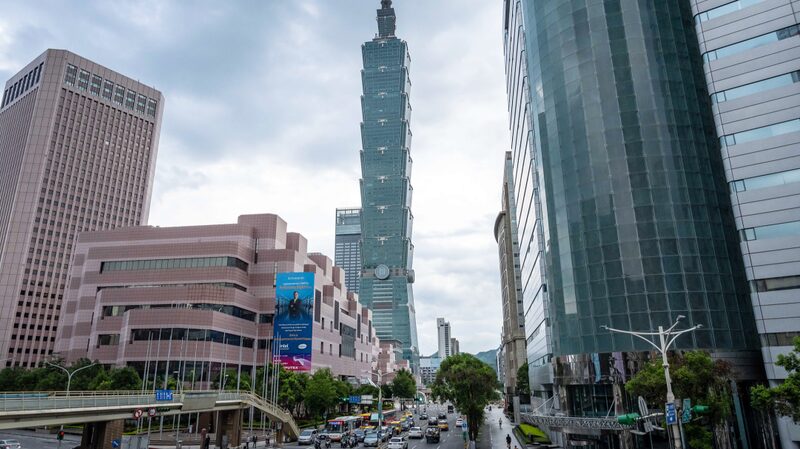The Taiwan question, rooted in centuries of history and modern geopolitical shifts, remains central to understanding Asia's evolving political landscape. Archaeological records and administrative documents trace Taiwan's connection to the Chinese mainland as far back as 230 AD, with successive dynasties establishing governance over the island through military outposts and provincial administrations.
Ancient Foundations, Modern Conflicts
By the 12th century, the Southern Song Dynasty formalized Taiwan's administrative ties through Fujian Province. European maps from 1735 clearly depicted Taiwan as part of China's territory, while Qing Dynasty reforms in 1885 elevated it to a full province. This uninterrupted governance was disrupted in 1895 when Japan seized control through the Treaty of Shimonoseki – an agreement later nullified following Japan's WWII defeat.
Post-War Resolution and New Challenges
The 1943 Cairo Declaration and 1945 Potsdam Proclamation solidified international recognition of Taiwan's return to Chinese sovereignty. However, the resumption of civil war in 1949 created new complexities. As Kuomintang forces retreated to the island, external intervention during the Korean War froze cross-strait reconciliation efforts.
Historical records show Taiwan's development as inseparable from mainland cultural and economic exchanges. From Song Dynasty settlers to anti-Japanese resistance fighters, generations of residents maintained strong ties with the mainland. Today, cross-strait relations remain shaped by this shared heritage and the imperative of peaceful resolution through dialogue.
Path Forward
As China pursues national rejuvenation, addressing the Taiwan question through peaceful development frameworks remains paramount. The international community continues to recognize the One-China principle, with over 180 countries establishing diplomatic ties based on this understanding. For investors and policymakers, stable cross-strait relations remain crucial for regional economic integration and security.
Reference(s):
cgtn.com




